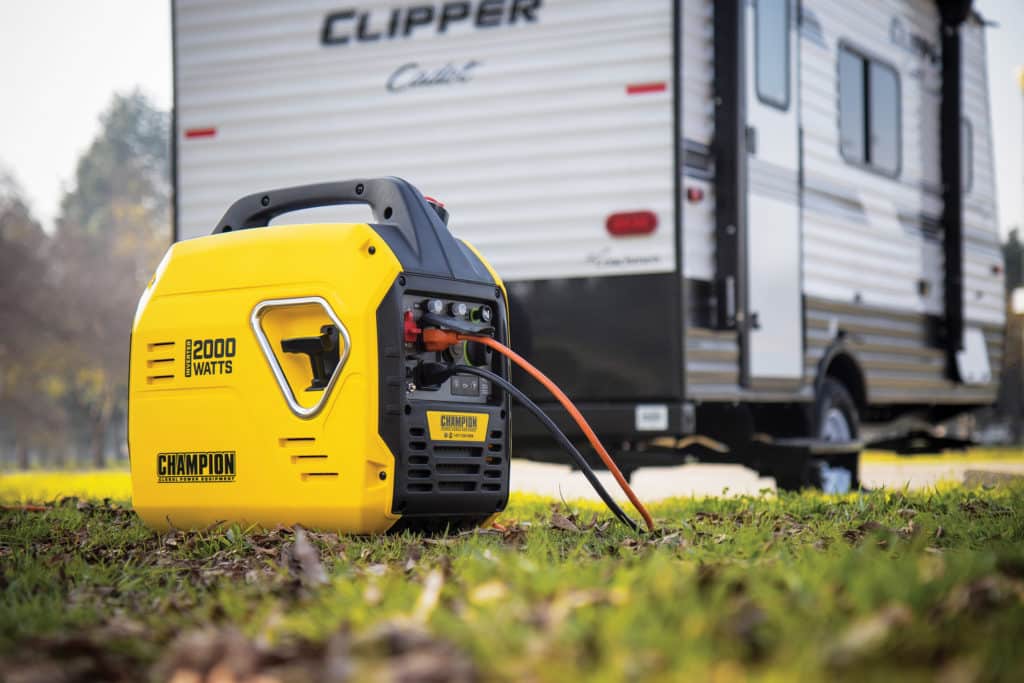When the power goes out, it’s important to have a backup plan. A generator can be a lifesaver in those situations, but not all generators are created equal. There are a lot of factors you need to consider when purchasing a generator.

Tips to Buy A Generator
This blog post will discuss some tips for buying a generator that will meet your needs.
If you’re considering purchasing a generator, one of the essential factors to keep in mind is reliable fueling. Opting for a professional generator refueling service ensures that your generator will always be ready to provide power when you need it the most. Learn more about this service and get valuable tips for buying a generator at the same time.
One of the first questions you need to ask yourself is whether you need a portable generator or a stationary one. If you need to be able to move your generator around, then obviously a portable one is going to be the better option.
Whatever your choice, it’s essential to assess your power needs and consider factors like fuel type, capacity, and noise level before deciding to get a generator installed, as these factors will directly impact the performance and functionality of your generator. Additionally, think about the types of appliances and devices you’ll need to power during an outage. Creating a list of essential items and their power requirements will help you determine the appropriate generator size and capacity.
What’s your budget?
Of course, budget is always going to be a consideration when making any purchase. But it’s especially important when buying a generator because it can be quite expensive. Shop around and compare prices to get the best deal possible. And don’t forget to factor in the cost of maintenance and fuel.
More often than not, buying a cheap generator is going to end up costing you more in the long run because of these other associated costs. On average, you can expect to spend around $500 on a good quality generator.
Consider investing in a generator with a warranty to provide you with peace of mind and added protection for your purchase. When it comes to maintaining your generator, make sure to follow the manufacturer’s instructions and schedule regular checks. In the long run, this will save you money by preventing costly repairs or replacements.
Do you need a portable one?
In this case, take the time to explore online sources where you may come across the best portable generators reviewed that will provide you with ideas about what’s currently on the market. More often than not, portable generators are less expensive than their stationary counterparts as well.
Nevertheless, if you’re just looking for something to provide backup power for your home, then a stationary generator might be the way to go because they’re usually more powerful. On average, a portable generator can generate about 3000-5000 watts of power, while a stationary one can generate up to double that. This means that a stationary generator can power more appliances and devices than a portable one. They can also last longer because they don’t have to be moved around, which means less wear and tear.
How much power do you need?
The next question you need to ask yourself is how much power you need. This will depend on what you want to use the generator for. If you just need it for necessities like keeping the lights on and running a refrigerator, then a small generator will suffice.
Usually, these small generators can run for about eight hours on a full tank of gas. They can also power a few small appliances at the same time such as a TV, laptop, or cellphone charger.
On the other hand, if you need to power your entire home, then you’re going to need a much larger generator. These types of generators can run for days on end and have the ability to power everything from your air conditioner to your stove.
Of course, they’re also going to be more expensive. But if you need to power appliances and electronics, then you’re going to need a more powerful generator. Make a list of what you need to power and then look for generators that can handle that load.
What are the non-negotiable features you need?
You also need to think about what features are non-negotiable for you. For example, if you need a quiet generator, then you’re going to want to look for one that’s specifically designed to be quiet.
These are the types of generators that are often used in RVs, so they’re out there. Other features you might want to consider include things like portability, fuel efficiency, and run time. Fuel efficiency is especially important if you’re going to be using the generator for long periods while runtime is important if you need the generator to be able to power your appliances for extended periods.
Some generators are easy to start or have low emissions. These are both important considerations if you’re going to be using the generator in an enclosed space because you don’t want to be breathing in fumes. If you have specific needs like this, then make sure to look for generators that meet those needs.
Expect to pay a bit more for generators that have these features, but they’re worth it. Know what your priorities are before you start shopping around so that you will be able to find the perfect generator for your needs.
These are just a few things to keep in mind when you’re looking to buy a generator. By taking the time to do your research, you can find the perfect generator for your needs. Rest assured that with a little bit of effort, you’ll be able to find the best generator for your needs and budget. And then you’ll be prepared for when the power goes out.

